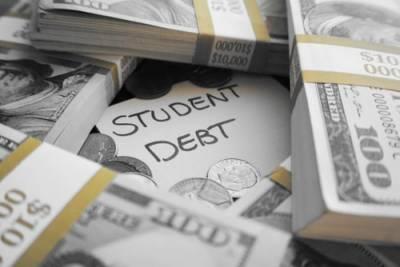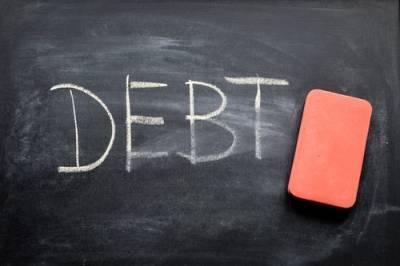 Making ongoing payments to pay off debts is a reality for most Americans. For those who struggle to make these payments or are unable to do so while covering their own living expenses, consumer bankruptcy can provide some relief and allow them to receive a fresh start. While many types of debts can be discharged through bankruptcy, there are rules about how these debts are addressed, and the elimination of certain types of debts may not be possible. Student loans, which are an issue for millions of Americans, are notoriously difficult to discharge. Those who are concerned about their ability to repay these loans will want to understand how they are handled during bankruptcy and how the laws may soon be changing.
Making ongoing payments to pay off debts is a reality for most Americans. For those who struggle to make these payments or are unable to do so while covering their own living expenses, consumer bankruptcy can provide some relief and allow them to receive a fresh start. While many types of debts can be discharged through bankruptcy, there are rules about how these debts are addressed, and the elimination of certain types of debts may not be possible. Student loans, which are an issue for millions of Americans, are notoriously difficult to discharge. Those who are concerned about their ability to repay these loans will want to understand how they are handled during bankruptcy and how the laws may soon be changing.
The “Undue Hardship” Rule for Discharging Student Loans
Nearly all student loans are either provided through federal programs or are backed by the federal government. These loans generally cannot be eliminated through bankruptcy in most cases. To discharge student loans, a person must prove that repaying the loans would lead to “undue hardship.” This is a difficult standard to meet, especially since bankruptcy courts do not always agree on the definition of undue hardship. Typically, to prove undue hardship, a person will need to provide evidence showing that:
-
They have made efforts to pay off a student loan in the past.
...







 A family may experience multiple different types of financial difficulties that affect their ability to pay their debts while also covering their regular expenses. For those who are struggling with overwhelming debts,
A family may experience multiple different types of financial difficulties that affect their ability to pay their debts while also covering their regular expenses. For those who are struggling with overwhelming debts, 








